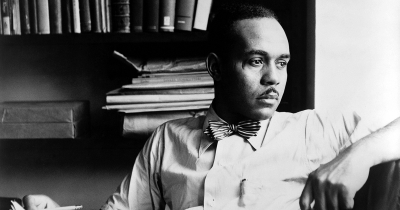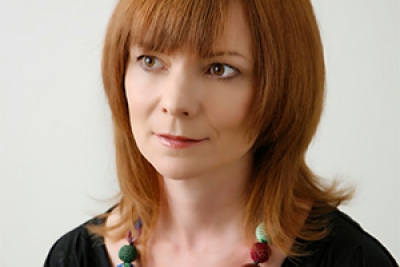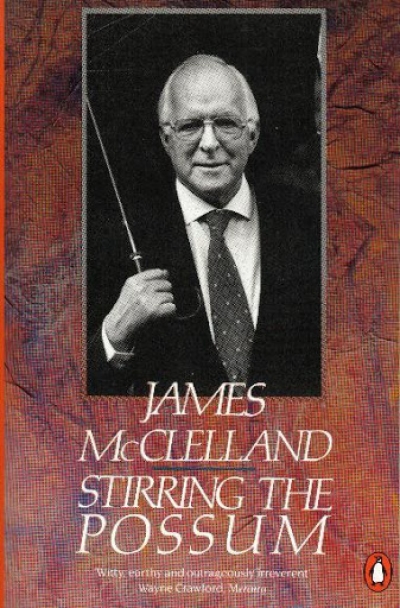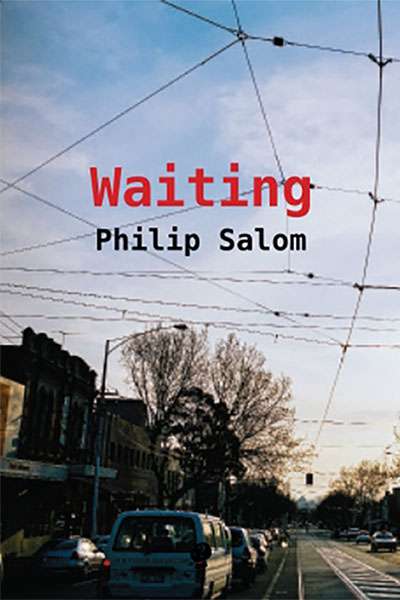Thunderhead by Miranda Darling
A feminist triumph and homage to Virginia Woolf, Miranda Darling’s Thunderhead is a potent exploration of suburban entrapment for women. The novella opens with a complex satire of Ian McEwan’s response to Woolf’s Mrs Dalloway (1925) in his novel Saturday (2005). All three books are set over the course of a single day, where the intricacies of both the quotidian and extraordinary occur. In this novella’s opening paragraphs, Darling’s protagonist, Winona Dalloway, wakes to see the sky ablaze through her window. While ‘it is dawn in the suburbs of the east’ – rather than a burning plane, evoking 9/11 terrorism, as in McEwan’s novel – she believes it ‘telegraphs a warning, red sky in the morning’. This refers to the opening of Mrs Dalloway, where Clarissa Dalloway feels, ‘standing there at the open window, that something awful was about to happen’.





























